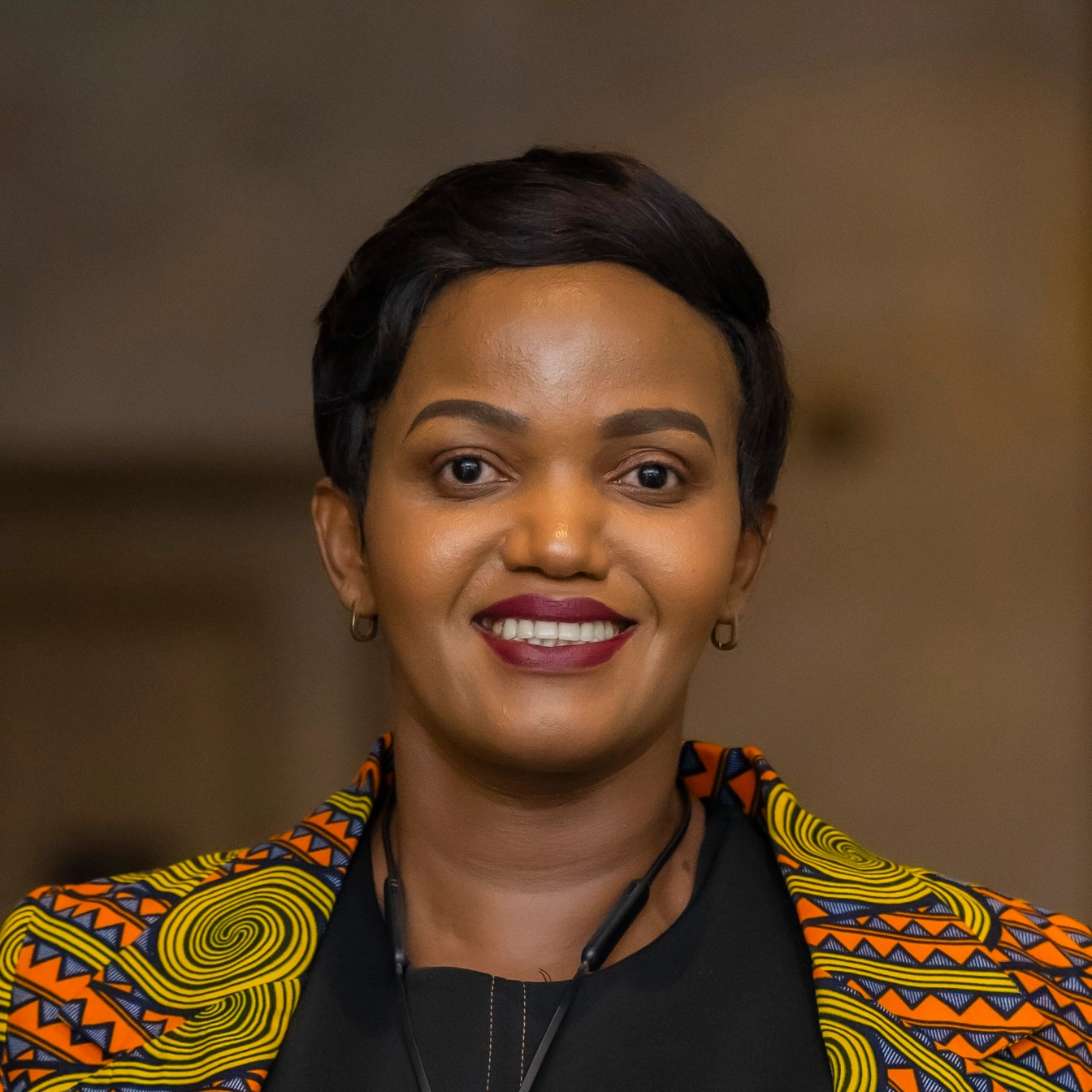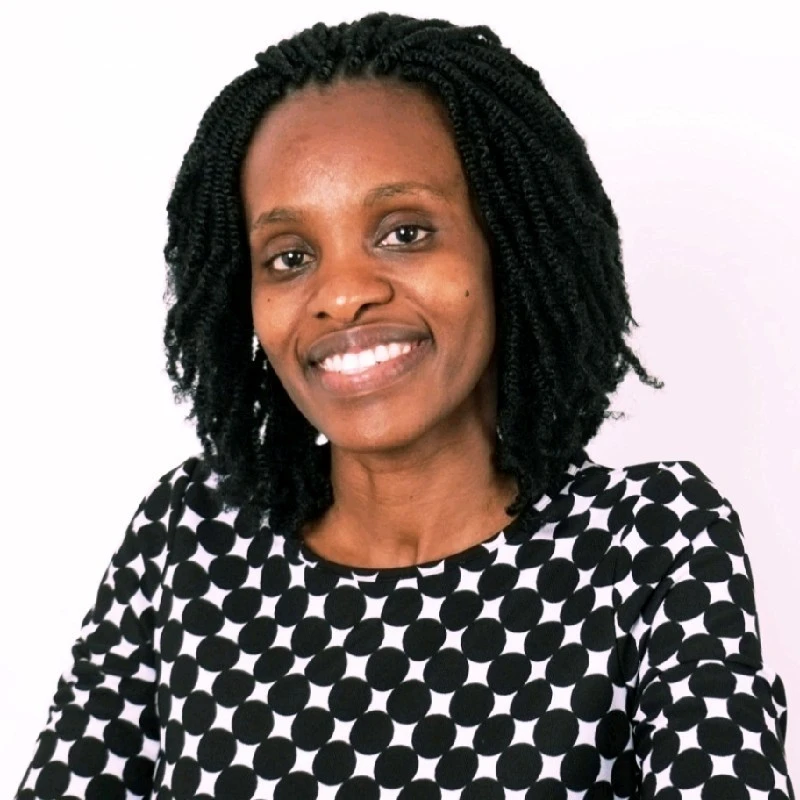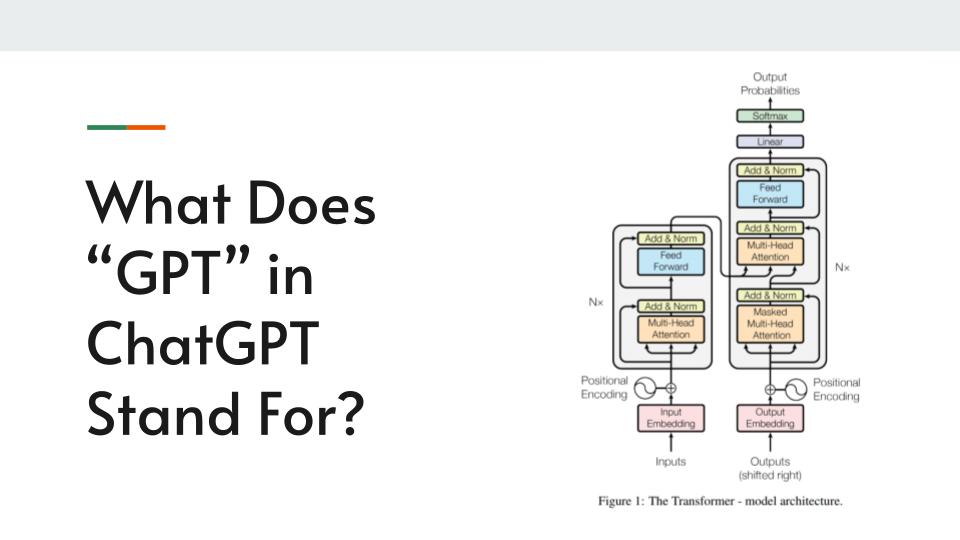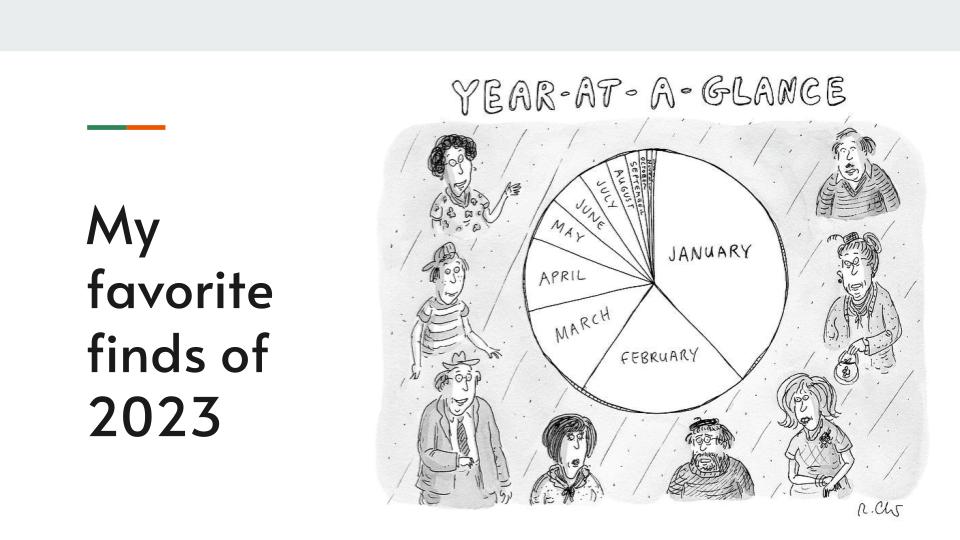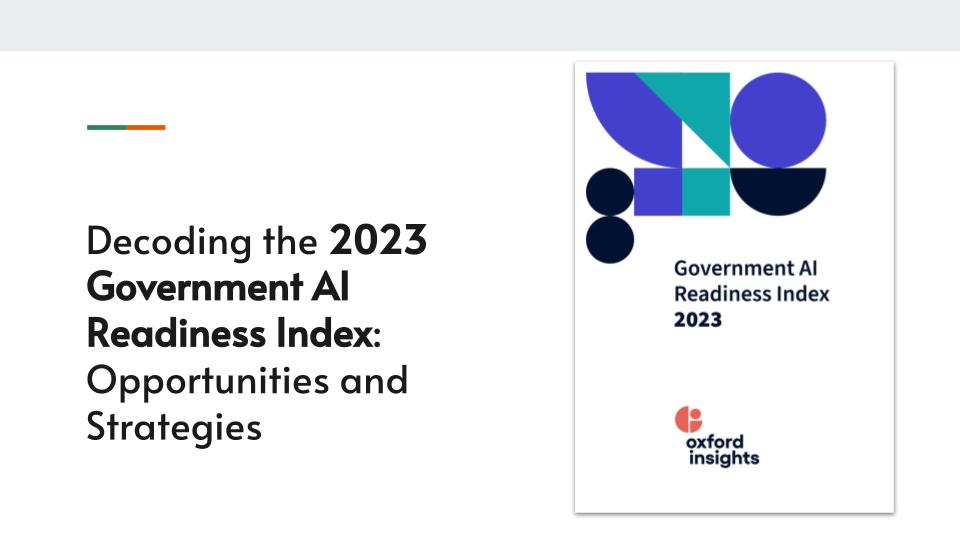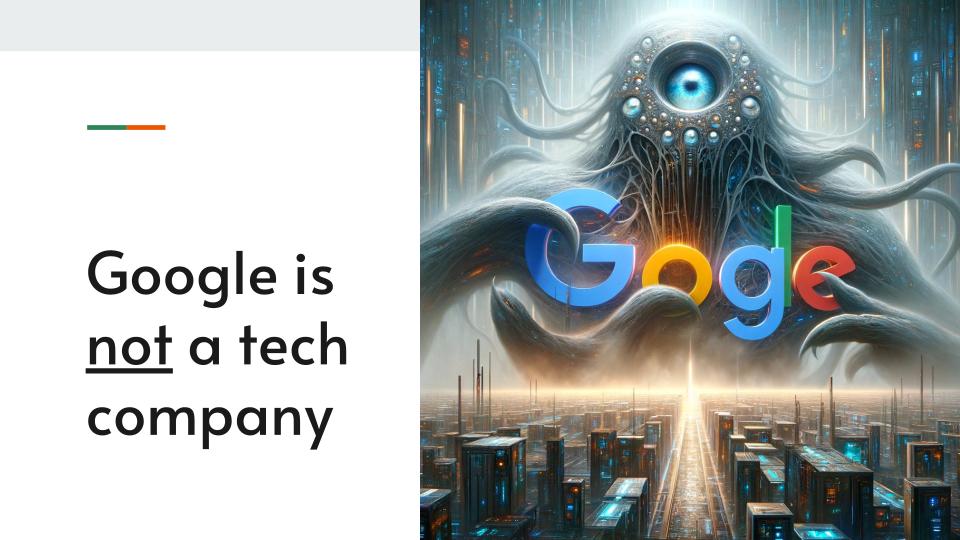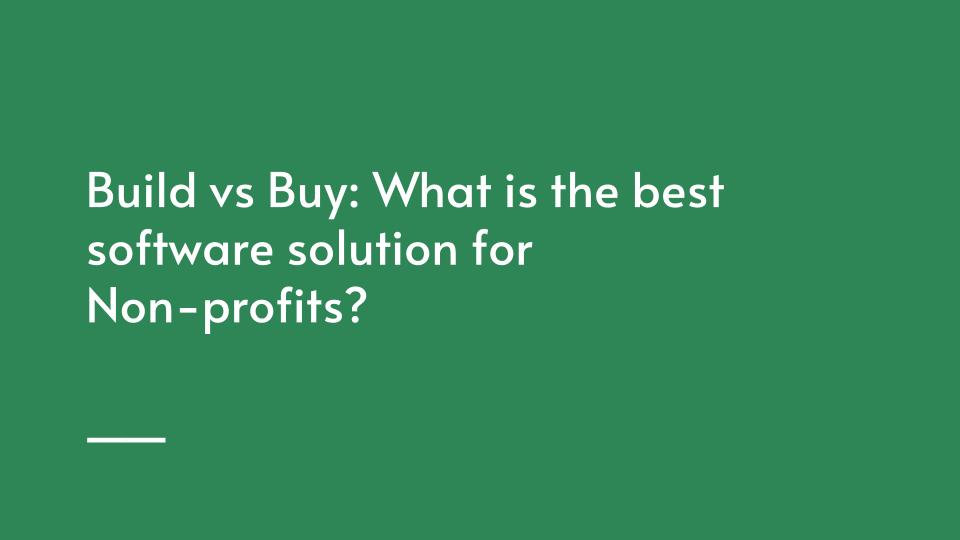Made in Africa: An African Perspective to the Design, Deployment and Governance of AI
The Nigerian Naira plunged 31% against the dollar , and the Kenyan Shilling lost 23% of its value in the past few months. These top two worst performers in Africa in 2024 are the continent's top two technology powerhouses. Therefore, while currency depreciation has had microeconomic implications, it highlights the dire need to take a critical look at Africa's innovation, technology, and AI ecosystem. Ory Okolloh, a prominent Technologist, Kenyan Investor and Philanthropist, posted this on her LinkedIn:
Her post represents the broader issue of access to computing in today's world and raises the question of digital sovereignty, a catchphrase used in the push for digital regulations.
In the first of a six-part paper, we have developed a framework through which we will contribute to Africans' discussions and perspectives on the design, development, and governance of Artificial Intelligence in Africa. This includes Data and Data Systems, AI Infrastructure, Talent, and Market.

